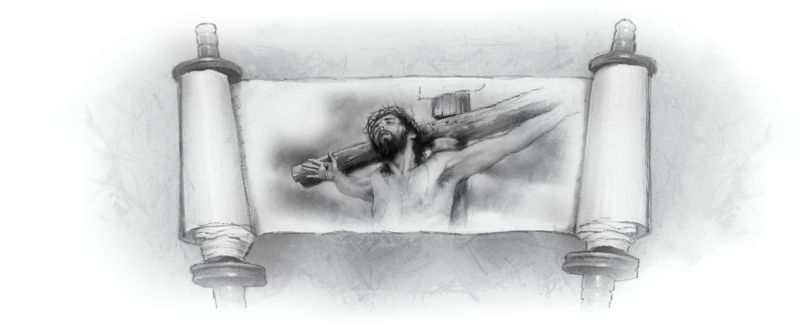Zurab considered himself a Christian, but his relationship with God consisted solely of lighting candles in a cathedral in the former Soviet Republic of Georgia. He had a Bible at home, but he only picked it up to dust it.
Then his conscience began to bother him, and he thought, If I’m a Christian, why don’t I read the Bible? A desire filled him to read the Bible.
He picked up the Bible and read it from beginning to end. He learned for the first time about the seventh-day Sabbath. Surprised, he looked online for more information. He watched about 100 YouTube sermons and was drawn to a preacher who explained the Bible in a clear manner. The preacher identified himself as a Seventh-day Adventist and said the church was comprised of millions of members who kept the seventh-day Sabbath.
Zurab had never heard of Adventists, and he recoiled at the idea of becoming one. Many Georgians think Adventists belong to a sect. He searched the internet for another church that worshiped on the seventh day and practiced other biblical truths that he had learned, but to no avail.
So, on a Sabbath morning, he showed up at an Adventist church in Georgia’s capital, Tbilisi. He stood outside, wanting to go in and not wanting to go in. Then the door swung open, and someone invited him inside.
Zurab received a warm welcome.
“Is this your first time in the Adventist Church?” someone asked.
“Yes, this is my first time,” he said.
“Great!” someone else said. “Come also to our evangelistic program.”
It turned out that the church planned to hold evangelistic meetings on that very evening. Zurab attended the worship service in the morning and the evangelistic meeting in the evening. After that, he returned every evening for the next two weeks. Then he was baptized.
Today, a year later, 36-year-old Zurab has a new relationship with God. He reads the Bible every day and shares it with his wife and two boys, who also go to church with him on Sabbath. Zurab is amazed at how everything came together—his desire to read the Bible, his discovery of the Sabbath and the online preacher, and his arrival at the Adventist church on the same day as its first evangelistic meeting.
He didn’t go to the church because of a mission outreach initiative. But the church members’ mission spirit made him feel welcome and at home. “Everything came together so well,” he said.
Part of a Thirteenth Sabbath Offering this year went to a health center in Georgia. Please pray for God to draw people to the center, just as He brought Zurab to the church, to learn more about Him. Watch a short video of Zurab at: bit.ly/Zurab-Georgia.


